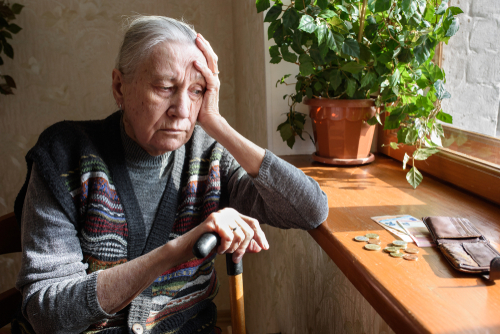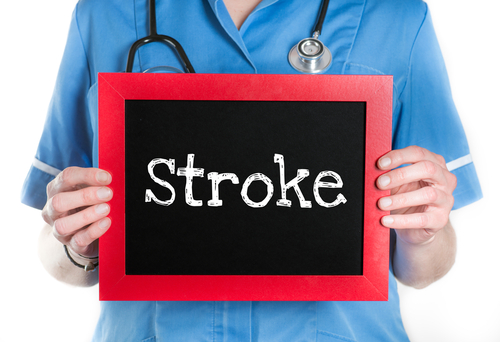
Black women who develop high blood pressure before the age of 35 and are taking medication for hypertension may have triple the risk of stroke, and those who develop high blood pressure before the age of 45 may have twice the risk of stroke, according to a preliminary study being presented at the American Stroke Association’s International Stroke Conference 2024, taking place February 7-9 in Phoenix, Arizona.
According to the American Heart Association’s Heart Disease and Stroke Statistics 2024 Update, the rate of hypertension in Black adults in the United States is among the highest in the world. Approximately 58% of Black women have high blood pressure, a considerably higher percentage than White women (43%), Asian women (38%), and Hispanic women (35%).
In this study, researchers assessed how the development of high blood pressure at a younger age among Black women impacts their risk of stroke. They analyzed data on 1485 participants from the Black Women’s Health Study and compared participants with and without treatment for hypertension before age 45, between the ages of 45 and 64, and within 10-year age intervals from 1999 to 2019.
The analysis found that Black women who developed high blood pressure and began hypertension treatment between the ages of 24 and 34 had a 3.1-times higher risk of having a subsequent stroke. Black women who developed high blood pressure and were treated before age 45 had a 2.2-times higher risk of stroke. For Black women who had high blood pressure and were treated between the ages of 45 and 64, the risk of stroke was about 1.7-times higher.
“This research was motivated by the glaring disparity I have seen in my own practice,” said the study’s lead author Hugo J. Aparicio, MD, MPH, an associate professor of neurology at Boston University Chobanian & Avedisian School of Medicine, via a press release. “Strokes are occurring at younger ages among my patients who identify as Black and among women. Early onset stroke, particularly at midlife, is even more tragic because these patients often have families or are caretakers for sick family members.”
Dr. Aparicio added, “My hope is that health care professionals are persuaded to pay special attention to high blood pressure screening and treatment over the life course for [Black] women, such as during child-bearing years and both before and at the start of middle age. Health care policy changes are needed so that primary prevention is promoted and funded because by the time a Black woman has a stroke at middle age, it is often too late.”






 © 2025 Mashup Media, LLC, a Formedics Property. All Rights Reserved.
© 2025 Mashup Media, LLC, a Formedics Property. All Rights Reserved.